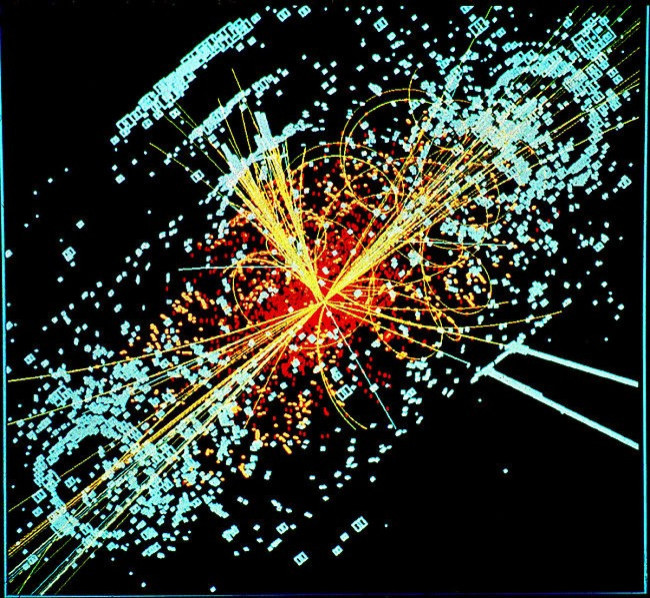God Particle Found? CERN Has Reached A Milestone In ?Our Understanding Of Nature?

Scientists at the European Council for Nuclear Research (CERN) Wednesday presented the preliminary results of their search for the Higgs particle, often referred to as the God particle.
The ATLAS and CMS experiments observed a new particle in the mass region of around 125-126 GeV, CERN said at a press conference in Geneva. The particle has properties that are consistent with the Higgs Boson. As a layman, we have it, but as a scientist, we have to find out what sort of Higgs boson it is, CERN director general Rolf Heuer said, according to BBC.
We have reached a milestone in our understanding of nature. The discovery of a particle consistent with the Higgs boson opens the way to more detailed studies, requiring larger statistics, which will pin down the new particle's properties, and is likely to shed light on other mysteries of our Universe, he said.
CERN research director Sergio Bertolucci said: It's hard not to get excited by these results. We stated last year that in 2012 we would either find a new Higgs-like particle or exclude the existence of the Standard Model Higgs. With all the necessary caution, it looks to me that we are at a branching point. The observation of this new particle indicates the path for the future towards a more detailed understanding of what we're seeing in the data.
Based on the data collected in 2011 and 2012, the final publication of results is expected by the end of July. A complete picture on the observations may emerge this year once LHC provides additional data by conducting more experiments.
In a recent interview to the International Business Times, CERN's spokesman and head of communication James Gillies said the search for the Higgs boson was just one part of the LHC research program, which also includes studies of matter as it would have been just after the Big Bang, investigations of matter-antimaller asymmetry and searches for physics beyond the standard model. All of these topics require large quantities of data, and so will keep the experimenters busy for many years.
© Copyright IBTimes 2024. All rights reserved.





















